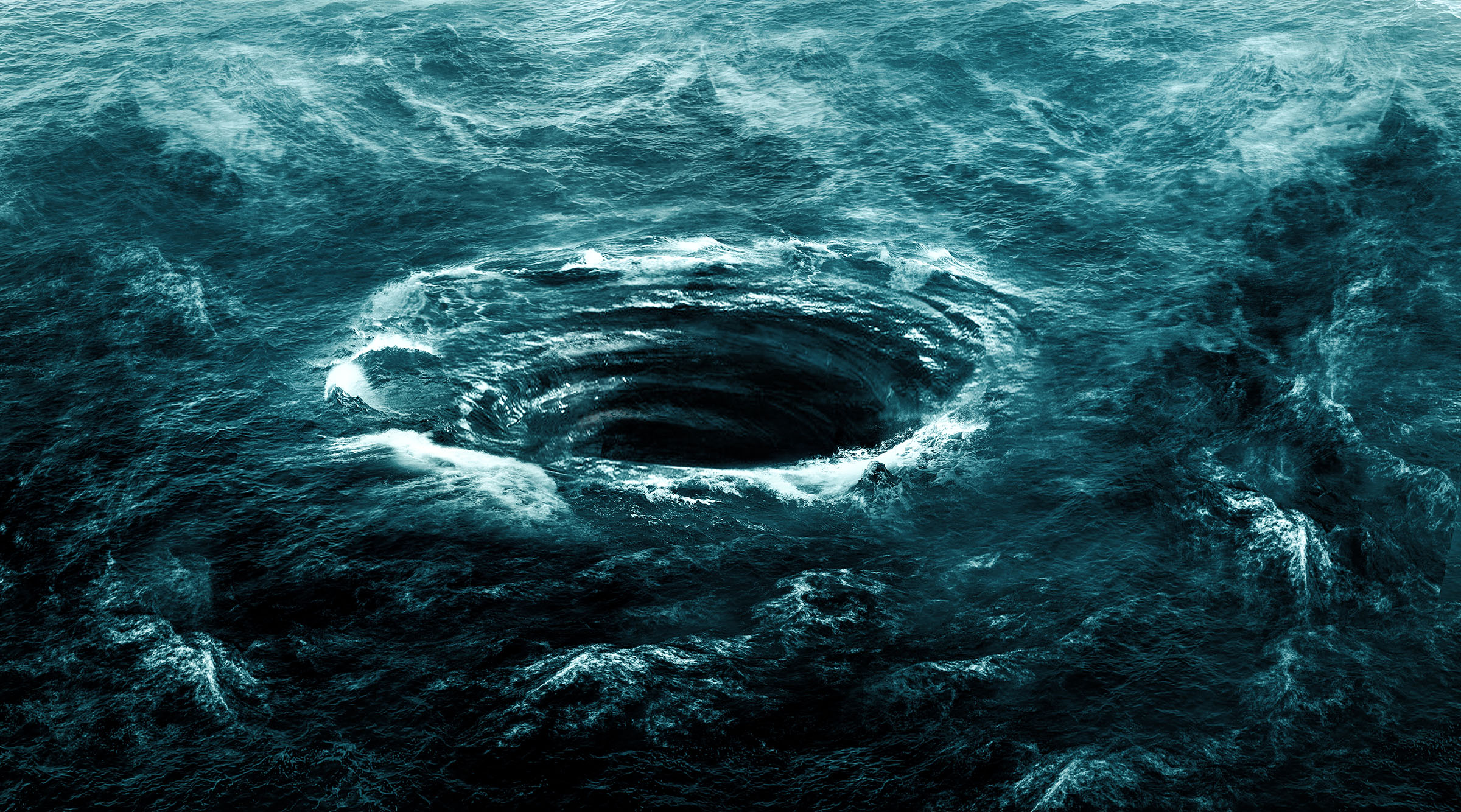Mars’s influence on Earth may be greater than we thought. In fact, the Red Planet, located over 140 million miles away from Earth, could actually be driving giant whirlpools in the deepest parts of our oceans. New research has revealed that changes in the deep-sea currents found on Earth appear to coincide with times when Mars and Earth interacted while orbiting the Sun.
The culprit of this influence is something we call resonance. Astronomers describe resonance as a phenomenon where two orbiting bodies – in this case, Earth and Mars – apply a gravitational push and pull on each other. This interaction influences the shape of the planet’s orbits, as well as how close to circular they are, and even their distance from the Sun.
It’s an interesting revelation and one that could better help explain the nature of neighboring planets and the influence that they have on each other. If Mars’s influence on Earth really is causing these whirling pools in our deep oceans, then it helps provide us with more information about the natural climate cycles that our planet experiences.
It also helps us rule out the possibility that these whirlpools and the sediment they leave stranded everywhere aren’t tied to the ongoing climate change issues that our planet is facing. The researchers say that these currents affected by Mars are able to reach the bottom of the deepest parts of our oceans, where they erode the seafloor and create large accumulations of sediment.
Unfortunately, if our current climate issues persist, it’s likely they will trump any of the natural changes that our planet experiences, the researchers say. However, these gatherings of sediment can still provide us with a lot of information about our planet’s past. The researchers also believe that Mars’s influence on Earth may also help mitigate some of the impacts of a possible AMOC collapse.
The Atlantic Meridional Overturning Circulation (AMOC) is one of the most important currents in our oceans, and it’s responsible for transporting warm water from the tropics to the far reaches of the North Atlantic. If it were to collapse, it would create massive climate issues. However, the influence that Mars has on our ocean currents may help with that. It’s unclear exactly how much they might help, but it is something that researchers will hopefully dig into more in-depth.
